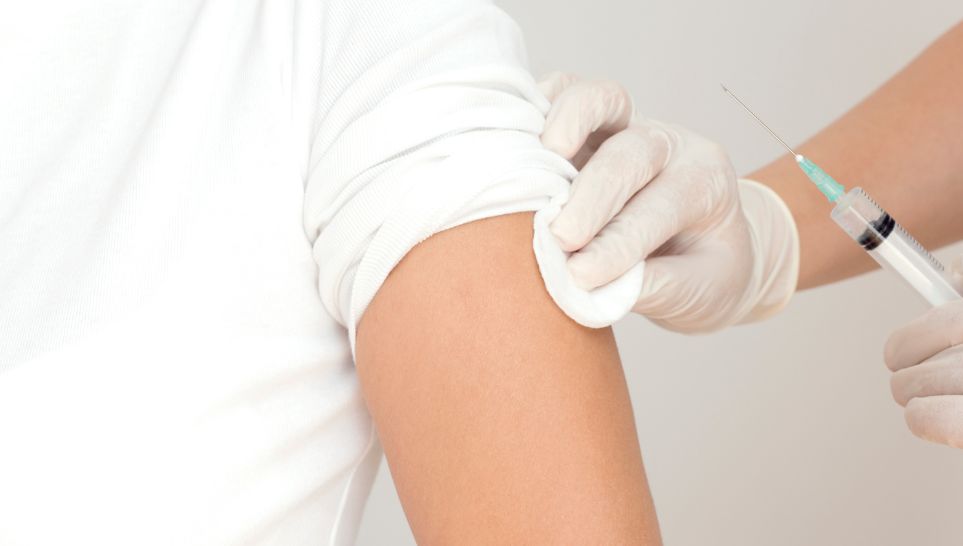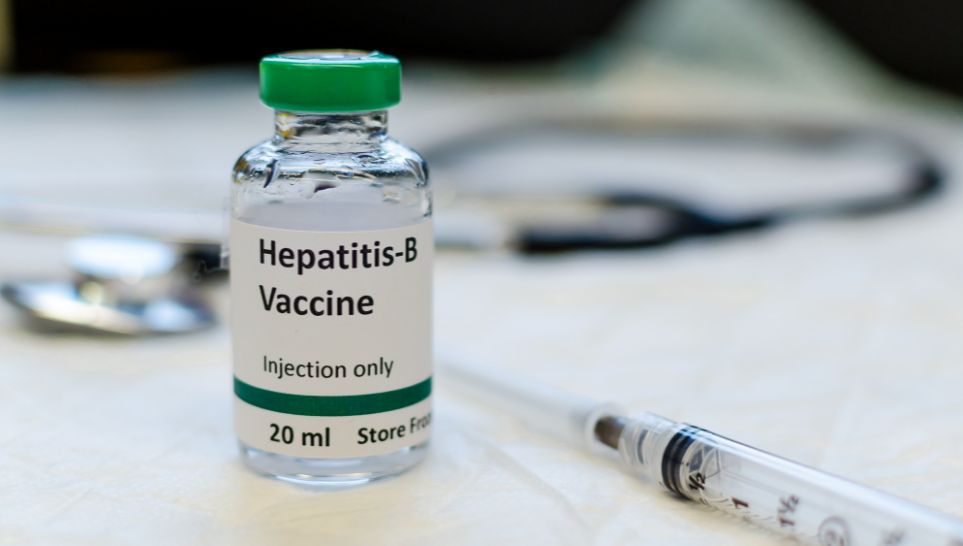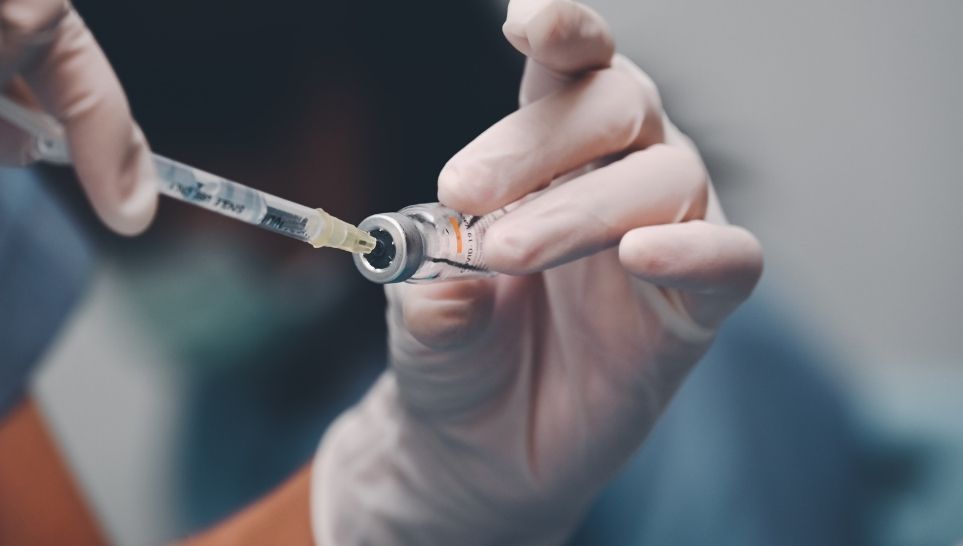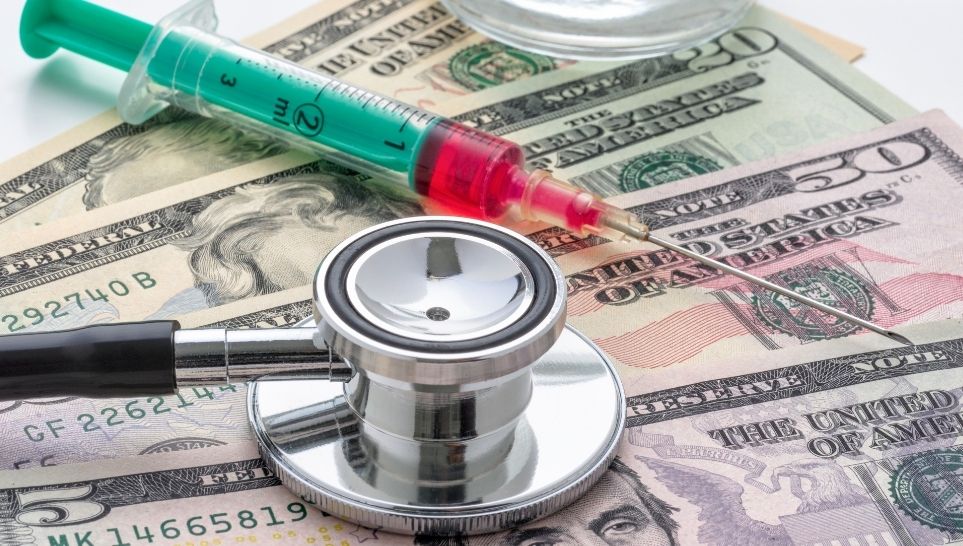Vaccine safety stood as a shared concern between healthcare professionals and their patients long before global pandemics became commonplace. From the uncertainty around what a vaccine contains to various myths, countless people hesitate in their decision to get vaccinated.
What’s the right move—get the vaccine or face pathogens without one? Understanding the role of healthcare providers in vaccine safety could help you make a choice that’s right for you.
In this post, we explore the manufacturing, distribution, and administration processes for various vaccines to give you more clarity on the matter.
How Healthcare Providers Must Ensure Storage and Handling of Vaccines

Due to the complicated manufacturing process and strict administration regulations, vaccines require proper storage and handling to keep patients safe. Healthcare providers follow strict guidelines, as set by the Centers for Disease Control, when storing vaccines or administering them.
Safe Storage Requirements
According to the CDC, healthcare providers in the United States must follow these vaccine storage guidelines to prioritize their patients’ health and safety:
- Providers must use proper, vaccine-specific storage facilities and units.
- Providers must store vaccines at the correct temperatures (specific to each vaccine) with a thermometer in each storage unit.
- Providers must inspect each vaccine when they receive delivery of it.
- Providers must routinely monitor the storage unit temperatures.
- Providers must use the older vaccines first (and rotate stored vaccines).
- Providers must take action immediately upon detecting an error with a vaccine’s storage.
Handling and Administration Requirements
Complying with the correct storage regulations protects the quality and efficacy of the vaccine. However, it is still crucial that healthcare providers pay equal attention to the administration regulations to minimize any health risks to the patient. These administrative requirements may include the following:
- Never administer an expired vaccine.
- Wait to draw the vaccine into a syringe to administer it immediately.
- Accurately record details, including vaccine lot numbers and patient injection sites.
- Do not mix vaccines in a syringe (unless the FDA explicitly approves it).
The Benefits of Patient Education

The role of healthcare providers in vaccine safety extends well beyond simply storing and handling vaccines. Competent medical professionals also spread awareness about vaccines to their patients by answering questions and explaining how the vaccine works. Every patient has the right to know about the vaccine they will be receiving, including who manufactures it, what it contains, and so on.
Medical professionals have specialized training in this area. It remains their responsibility to equip people with the information they need to make informed decisions regarding their health.
Communicate About Vaccine Benefits and Risks
While many healthcare professionals encourage their patients to receive certain vaccines, it’s expected that they will communicate the potential risks as well. In addition to an honest conversation about the vaccine, healthcare providers have a legal obligation to provide patients with a Vaccine Information Statement, which the CDC develops for patient education purposes.
The statement will cover the specific risks and benefits of the vaccine. Medical providers must record the date they provide a patient with this statement, as well as the publication date. Updated Vaccine Information Statements appear on the CDC website.
How else can healthcare professionals provide clear communication about vaccines to their patients? Pamphlets, brochures, and educational videos are a few of the options available to medical professionals who want to share this information with their patients.
Healthcare Providers Who Observe Valid Contraindications and Precautions Put Safety First

While many see vaccines as a marvel of the medical world, not everyone should receive them. Healthcare providers need to be fully aware of when contraindications and precautions are present. For instance, due to allergies or medical conditions, some patients may put their health at risk by receiving a vaccine.
Precautions
Precautions refer to medical conditions that have the potential to put a patient’s health at risk when receiving a vaccine.
Generally, patients with precautionary risks won’t receive the vaccine in question. However, a medical professional may decide to administer it if they deem the benefits of the vaccine to outweigh the potential side effects.
Ultimately, the decision would be up to the patient. However, an upfront conversation with their doctor about their condition and how the vaccine may affect their health is crucial.
Contraindications
Patients with contraindications should not receive the vaccine. If they do, these patients would risk serious adverse effects due to the vaccination.
The role of healthcare providers in vaccine safety includes paying careful attention to whether their patients have any contraindications. This is a vital piece of information in protecting patient well-being and could save a life.
Keeping Vulnerable Patients Safe
Regulations highly recommend screening each person for specific contraindications or precautions before giving them any vaccines. One easy way to screen patients is through a predetermined questionnaire that covers medical history and current conditions.
Keep in mind that not all contraindications and precautions are permanent. If these issues are temporary, the patient could safely receive the vaccine later, when their condition is no longer a factor.
It’s also important to note that vaccine hesitancy often arises through misunderstanding. For instance, patients may believe they have a condition that prevents them from getting the vaccine when they could actually benefit from it.
Common conditions that people mistake as contraindications or precautions include the following examples:
- Breastfeeding
- Preterm birth
- Mild acute illness, such as diphtheria
- Exposure to an infectious disease in recent days or weeks
Anybody who’s unsure about whether a vaccine holds possible benefits should have a discussion with their primary care provider to voice their concerns and ask questions.
Compliance and Care When Administering Vaccines

Some vaccines require multiple injections, and medical professionals must stick to the schedule to ensure proper, safe administration. For instance, the CDC has a recommended immunization schedule for children at certain ages. By sticking to this schedule, responsible healthcare professionals can better protect a child’s well-being while ensuring they receive effective immunizations.
Much research has gone into these vaccine schedules to ensure that patients do not experience preventable adverse side effects upon receiving certain vaccines too close together. For example, the tetanus vaccine can negatively impact a patient’s health if they receive it too soon after the last one. In this case, the medical professional will need to know when their patient last received a tetanus shot before deciding whether it would be safe to administer another one.
Reporting Adverse Events Is a Big Part of the Role of Healthcare Providers in Vaccine Safety
The vital role of healthcare providers in vaccine safety doesn’t end with administering the vaccine-there’s a burden of responsibility on medical professionals to know what to do in worst-case scenarios.
Typical soreness and mild swelling follow a vaccine injection, but what if a patient experiences adverse effects after their immunization? Due to the strict manufacturing, storage, and administration regulations, this is a rare occurrence.
Still, medical professionals need a protocol in place for serious side effects like allergic reactions. The policy may include having epinephrine nearby in case of anaphylactic shock. They may also pursue a cardiopulmonary resuscitation certification.
Report Possible Adverse Events to VAERS
Even after vaccine production and distribution, the United States has a strict monitoring process to ensure vaccines remain safe and viable. The Vaccine Adverse Effects Reporting System is a monitoring program that collects essential information about vaccines and any negative effects they cause. The CDC and FDA also use these reports to keep tabs on certain vaccines and determine whether they should take any further action to protect the public.
Healthcare professionals have a legal obligation to report any adverse events to VAERS. But patients are welcome to make reports, too. This open invitation applies even if you’re unsure of whether the symptoms you’re experiencing are due to the vaccine.
What happens if you submit a report to VAERS? The Vaccine Adverse Effects Reporting System will likely do the following:
- Confirm receipt by sending you a report identification number
- Reach out to ask for additional information
If the report is serious enough, VAERS may also request your medical history to get a better idea of how the vaccine affected your health. VAERS and the CDC consider the following adverse effects as serious:
- Anything life-threatening
- Death
- Birth defects
- Hospitalization
- Significant disability
A Word on Public Trust and Advocacy

When a person refuses a vaccine due to concerns about its efficacy or safety, even when it is readily available, the legal term is “vaccine hesitancy.” It may be the result of widespread myths and misunderstandings, but it’s up to the healthcare professional to promote public trust and advocate for immunizations through communication, transparency, and education.
For example, medical professionals can better promote public trust by addressing the three primary causes of vaccine hesitancy:
- A lack of confidence in the vaccine’s effectiveness, safety, or policymakers
- Complacency
- Inconvenience
By sharing up-to-date information and taking the time to address a patient’s concerns, a healthcare provider can cross the hesitancy barrier and boost immunization rates.
Healthcare Professionals and Their Vital Roles in Vaccination
Medical researchers, primary care physicians, and nurses have different roles, particularly in educating the public and promoting vaccine safety.
Medical Researchers
The role of healthcare providers in vaccine safety includes accurate research and development, often for 10 to 15 years before ever releasing vaccine products to the public. They must explore in-depth research on various diseases, genetic sequencing, and potential side effects and seek FDA approval long before healthcare professionals administer the vaccine to patients. Funding often speeds up this research phase.
Primary Care Physicians
Physicians and other care providers must understand which of their patients can and can’t receive vaccines. The responsibility of determining whether someone can safely receive a vaccine falls on the doctor and the person administering the vaccine. Sometimes, physicians must also figure out who should receive a needed vaccine first during medical crises.
Nurses
Nurses tend to spend more one-on-one time with patients than other healthcare providers, so they can often build a greater sense of trust with their patients. This relationship puts nurses in a good position to have clear conversations with people about the safety of vaccines and how the administration process works.
Nurses and other medical professionals carry a crucial responsibility: protecting public health while addressing the vaccine hesitancy barrier. It isn’t always easy.
The role of healthcare providers in vaccine safety lies at the center of it all, from storage and administration to reporting and education. Learn more about vaccines or seek legal assistance for a vaccine injury from Sadaka Law. Contact us at (800) 810-3457 (New York) or (800) 810-4139 (New Jersey) to speak to a Vaccine Injury Help Center attorney.






